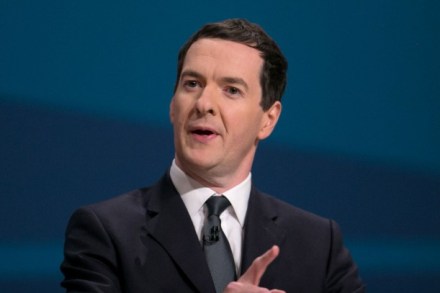Budget 2016: George Osborne played a difficult hand well
[audioplayer src=”http://rss.acast.com/spectatorpolitics/georgeosbornesbudget-2016/media.mp3″ title=”Fraser Nelson, Isabel Hardman and James Forsyth discuss today’s Budget”] Listen [/audioplayer]George Osborne played a difficult hand well in this Budget. Hemmed in by the worsening fiscal forecasts and the political limitations that the EU Referendum imposes on the government, he delivered a Budget that included some clever politics even if it won’t live long in the memory. The biggest story of the day is the OBR’s view that the productive potential of the UK economy is significantly lower than it previously thought. If that judgement is correct, it will have serious, long term implications for the country and the public finances. But Osborne’s sugar levy on fizzy





















